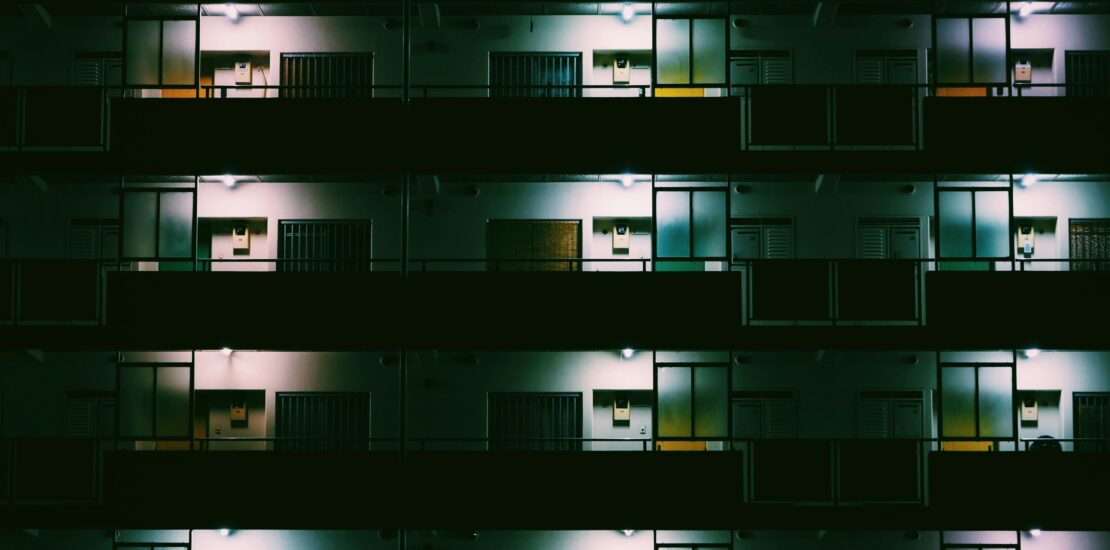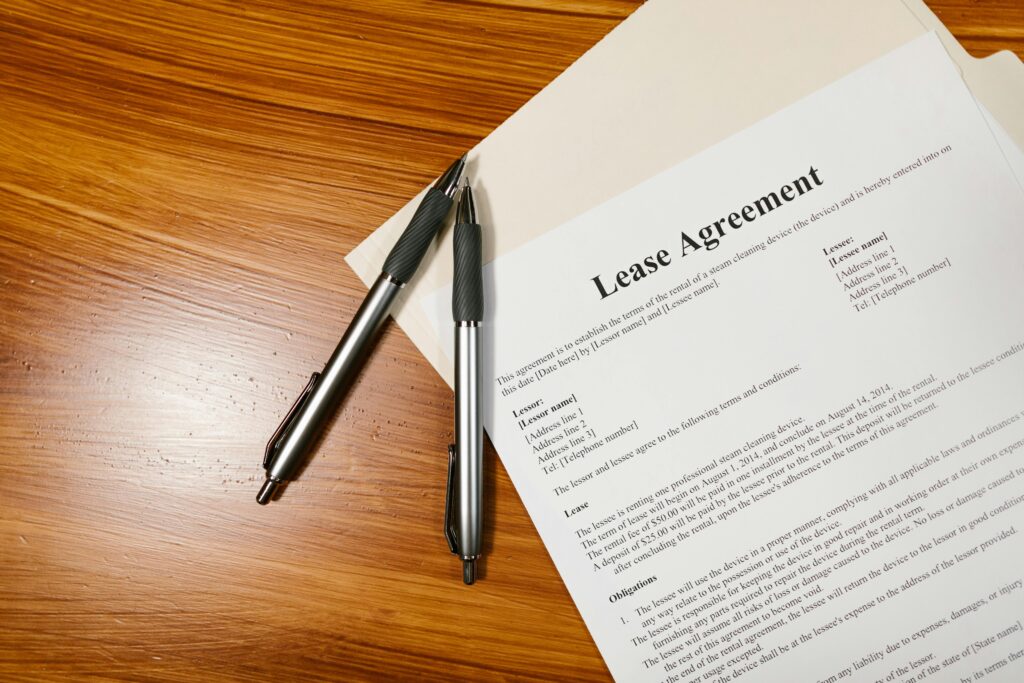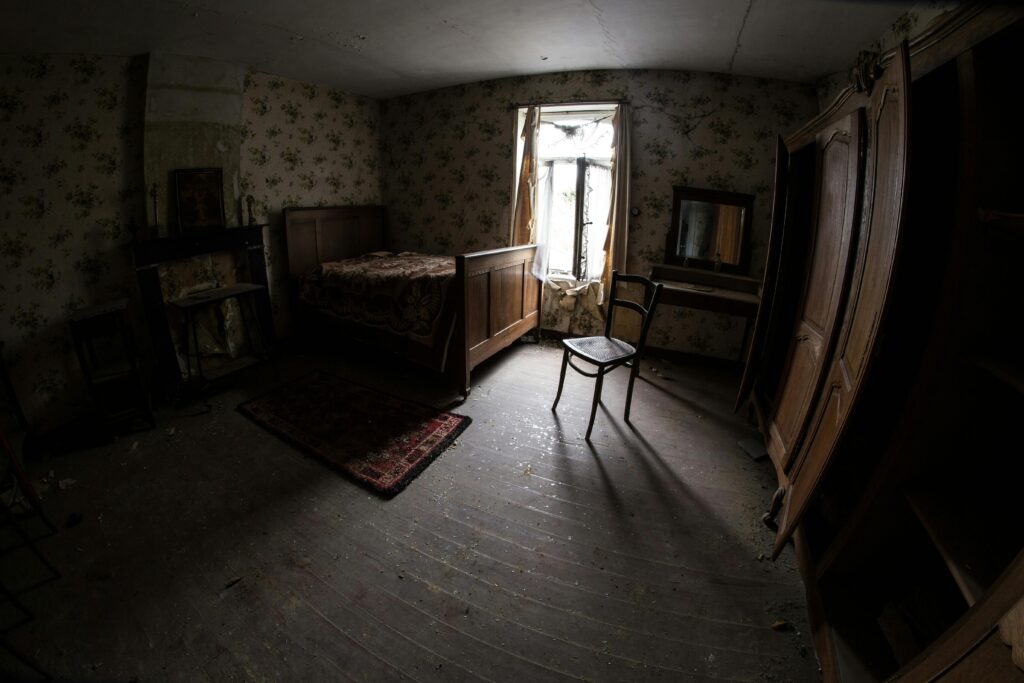Looking for an apartment in Tokyo? Don’t rush into signing a lease without checking for these red flags!

Securing a lease on an apartment in Tokyo can be exciting but overwhelming. Listings disappear fast, landlords and agencies rush you to sign contracts, and before you know it, you’re handing over a deposit for a place you barely had time to think about.
But here’s the thing—not every apartment is a good deal. Some are full of hidden fees, unreasonable rules, bad landlords, or noise issues that make daily life miserable.
If you’re planning to rent in Tokyo, slow down and watch for these 10 red flags before signing anything. Ignoring them could mean months—or even years—of regret.
1. The Agency Pressures You to Sign the Lease Immediately

A common tactic real estate agents use in Tokyo is making you feel like you have no time to think. They’ll say things like:
- “This apartment will be gone by tomorrow!”
- “You need to pay the deposit today, or we can’t hold it for you.”
While it’s true that Tokyo rentals move fast, that doesn’t mean you should rush into a decision you might regret later. A good agency will give you time to review the lease and ask questions. A bad one will push you to sign without letting you check for hidden fees or restrictive contract terms.
🚨 Red flag: If an agent refuses to let you take time to review the lease or rushes you into signing, walk away.
✅ What to do instead: Always take at least a day to review the contract and research the agency before committing.
2. Hidden Lease Fees That Magically Appear
Tokyo apartments aren’t cheap, and what makes it worse? Unexpected costs that suddenly appear after you’ve already decided on a place.
Some common hidden fees include:
- Facility maintenance fees – Even if there’s no gym or shared spaces.
- Contract renewal fees – Some leases require you to pay an entire month’s rent every two years just to stay.
- Mandatory deep cleaning fees – Some landlords charge over ¥50,000, even if the apartment is spotless when you leave.
Many agencies won’t mention these upfront, and once you’ve signed, you’re stuck paying them. Before signing anything, ask for a full list of move-in, monthly, and move-out costs.
🚨 Red flag: If an agent won’t provide a full cost breakdown, expect more surprises later.
✅ What to do instead: Get everything in writing and compare fees with other listings to spot overcharges.
3. The Building Is Falling Apart

A beautiful apartment doesn’t mean the building itself is in good condition. If a landlord isn’t maintaining the property, expect slow repairs, ignored complaints, and serious maintenance issues later.
Signs of a poorly managed building include:
- Mailboxes stuffed with uncollected flyers
- Dim or flickering hallway lights
- Mold, water stains, or peeling paint
- Overflowing trash areas
🚨 Red flag: If the building looks neglected, repairs inside your apartment will likely be slow or ignored.
✅ What to do instead: Visit the building at different times of the day to check security, noise levels, and overall maintenance.
4. The Rent Is Suspiciously Low
If an apartment’s rent is way cheaper than other listings in the same area, there’s probably a reason.
Common reasons for suspiciously low rent include:
- Thin walls – Expect zero soundproofing and noisy neighbors.
- Bad location – Is it next to a train track, a nightclub, or a busy road?
- Jiko bukken (事故物件) – Someone died under unnatural circumstances in the apartment.
Landlords must legally disclose if someone died in the apartment, but only to the first new tenant after the incident. If you’re the second, they don’t have to tell you.
🚨 Red flag: If the rent is significantly lower than similar apartments nearby, ask why.
✅ What to do instead: Research the address online or visit the area at night to check for noise and security issues.
5. The Landlord Is Impossible to Reach
A slow or unresponsive landlord before move-in is a huge warning sign. If they take days to reply before you even sign the lease, imagine how they’ll handle urgent repairs once you live there.
Signs of a bad landlord:
- Slow or ignored emails
- No clear contact method for emergencies
- Refusal to communicate in English
🚨 Red flag: A landlord who ignores you before move-in won’t suddenly become responsive after you sign the lease.
✅ What to do instead: Test their communication by asking a few detailed questions before signing.
6. The Apartment Smells Weird
Bad smells can mean serious maintenance issues. If the apartment smells damp, musty, or like sewage, it could indicate mold, leaks, or poor ventilation.
🚨 Red flag: If the air smells stale or moldy, you might be dealing with hidden damage.
✅ What to do instead: Open closets, cabinets, and windows to check for mold or stale air.
7. Move-Out Fees That Take Your Entire Deposit
Many foreigners never get their deposit back because of unfair move-out fees. Some landlords charge for normal wear and tear, like small scuffs on the wall or slight discoloration from furniture.
Before signing, ask for a clear breakdown of what’s considered “damage” and how much the cleaning fees will be. If this isn’t in the contract, assume you won’t get your deposit back.
🚨 Red flag: If there’s no clear deposit refund policy, expect to lose it all.
✅ What to do instead: Take photos when you move in and move out to dispute unfair charges.
8. No Security Measures in the Leased Building
Tokyo is safe, but that doesn’t mean every building is secure.
Check for:
- A locked main entrance – If anyone can walk in, that’s a security risk.
- Individual mailbox locks – To prevent mail theft.
- Well-lit hallways and staircases – A dark building entrance at night can feel unsafe.
🚨 Red flag: If the entrance is always unlocked, that’s a security risk.
✅ What to do instead: Make sure the building has basic security features.
9. Noisy Neighbors or Surroundings
Before signing, listen carefully to the environment. Is there loud traffic, barking dogs, or a noisy izakaya next door?
🚨 Red flag: If the area is loud during the day, expect it to be worse at night.
✅ What to do instead: Visit at night and on weekends to check noise levels.
10. Strict or Unreasonable Lease Rules
Some apartments have strict rules that can make daily life frustrating.
Be careful if your lease bans:
- Overnight guests (even family members).
- Furniture adjustments (no extra shelves, rugs, or curtains).
- Amazon or online deliveries to your door.
🚨 Red flag: If the lease has extreme restrictions, it will be frustrating to live there.
✅ What to do instead: Always read the lease carefully before signing.
Don’t Rush To Sign That Lease—Do Your Research
Apartment hunting in Tokyo is fast-paced, but that doesn’t mean you should ignore red flags just because you’re in a hurry.
Before signing a lease, always take your time to:
✔ Ask for a full breakdown of fees before committing.
✔ Visit the building at different times to check noise levels and security.
✔ Test the landlord’s responsiveness by asking a few pre-move-in questions.
✔ Carefully read the lease for unreasonable rules and unclear move-out costs.
If anything feels off, trust your instincts—there are always more apartments out there. Taking an extra day or two to research can save you months of stress and financial loss.
Looking for an apartment without hidden surprises? Tokyo Room Finder has listings with clear terms, no shady fees, and foreigner-friendly services.
Stay tuned for more exciting content like this! Follow us on our social media platforms and check out our blog regularly to stay updated on the latest news, trends, and insider stories from Japan. Don’t miss out on future updates—sign up for our newsletter for exclusive content delivered straight to your inbox!



